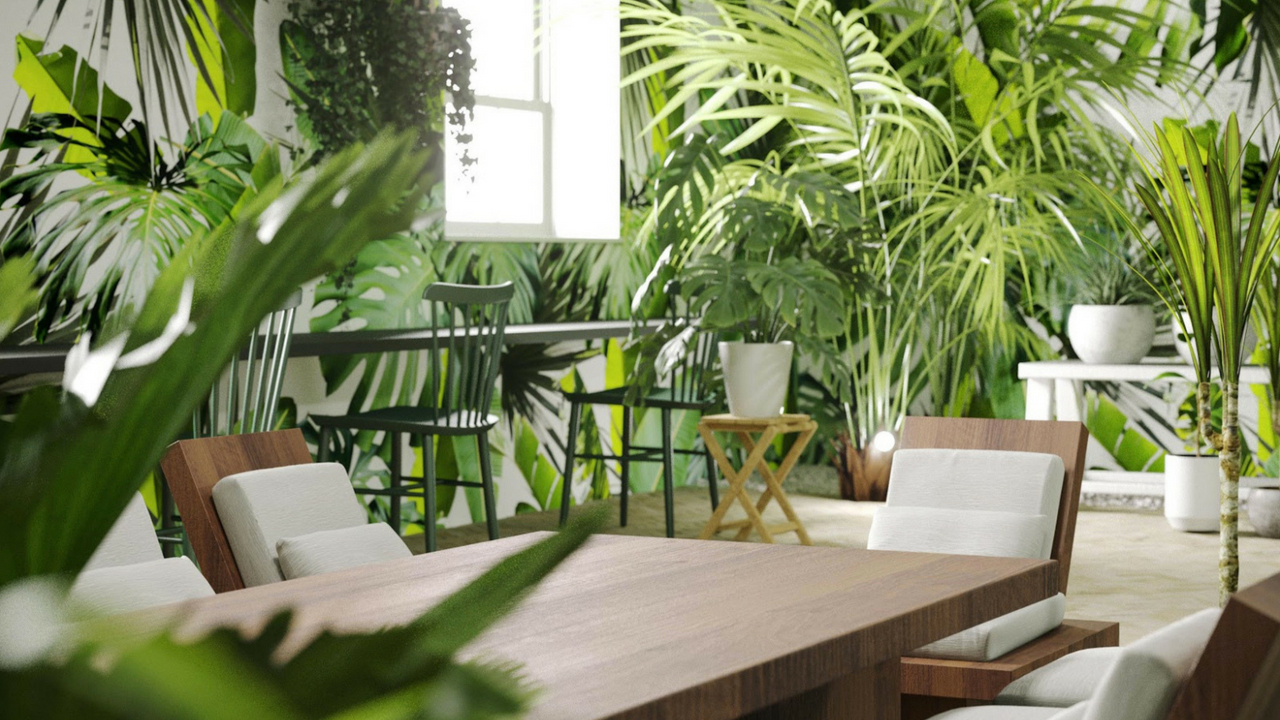- Coworking spaces need to retain their focus on sustainability to be competitive
- Sustainability is no longer just about green issues, it needs to add value to stakeholders
- Operators need to take a wide range of factors into consideration to achieve this
Ten years ago, we all seemed to be measuring our carbon footprints. Today, it’s hard to find a headline that mentions “green IT” or an “eco-friendly office”.
So, what happened? Did we stop caring about the environment? No. Many coworking spaces still take their commitment to sustainability very seriously. For example, workspace operator green desk uses a mixture of renewable and traditional energy sources to power each of its buildings, implements recycled and green products and has reduced its lighting energy usage by 75% thanks to LED and CFL bulbs.
Coworking operator Huckletree has also implemented an onsite plastic policy where it has completely eliminated plastic straws. It is asking its suppliers to do the same and avoid supplying any plastic plates, straws or cutlery on its premises.
Aislinn Mahon, general manager at Dublin coworking space Huckletree D2, said: “We are also partnering with green tech groups including Startup Weekend Sustainability to host a weekend long hackathon for startups building solutions to better our planet.”
In fact, going green is still viewed by some operators as a priority. For example, over in London’s Shoreditch district, coworking space 42 Acres pushes its eco-friendly ethos to the forefront of its messaging and The Office Group and Sterling Offices both use their stance on sustainability to their competitive advantage.
Going Green the Right Way
There has been a paradigm shift in recent times where sustainability isn’t seen as an accolade but a necessity for a flexible space to boost its bottom line and strengthen its overall community.
Paul Sutcliffe, founder and director at EVORA Global, said: “Sustainability is no longer just about energy, carbon or green issues (although these topics are still important). In my view, a sustainable building must add value to all stakeholders.”
EVORA is a sustainability consultancy and software provider in the real estate market that works with building owners, operators and occupiers to assess and improve the sustainability performance of their spaces.
However, the sustainability requirements of coworking/flexible work buildings differ from traditional offices, according to Sutcliffe, because of the flexible way in which the spaces are used: “In typical office environments, it is easy to predict and understand how space will be used; staff will arrive at a certain time, have breaks at the same time and leave at the end of the working day.”
“If this information is understood then it is straightforward to optimise the building plant and equipment (heating and cooling) set-up. The flexibility needed to run a coworking space, with 24 hour access and use, can lead to higher energy consumption and costs.”
“All inclusive license costs to building users also disguise the cost impact of energy to the end user, so sustainability impacts and associated costs can often be hidden. However, this provides a great opportunity to operators of coworking/flexible work buildings to work on their margins through optimising building operation efficiency,” he added.
So, how can coworking and flexible workspaces increase their green credentials? Sutcliffe said: “At a practical level – by engagement, from landlords, to operators and users. Everyone needs to understand how their building works.”
“Controls used to manage provision of heating and cooling can then be optimised. Establishment of building user working groups to share ideas, progress and to collect feedback are good practice. We find that tracking energy usage in near-real time, through our software platform SIERA, provides operators with the management information they need to eliminate wastage and improve efficiency,” Sutcliffe added.
So, what does a sustainable building look like? Putting specific accreditations aside for now, Sutcliffe recommends a green workspace:
- Is resilient to climate change and external factors, and adaptable for different users
- Understands its sustainability performance
- Has energy monitoring and targeting programmes in place to ensure performance is optimised
- Considers health and wellbeing (with an excellent internal environment to aid occupant comfort and productivity)
- Ensures its occupiers and users are engaged and involved in building wide sustainability.
There’s still a long way to go across the whole real estate industry, not just within flexible workspaces, according to Sutcliffe, who added: “Going forward, I think coworking and flexible workspaces will continue to improve their understanding and approaches to sustainability. In truth, I think we have only just touched the surface.”



 Dr. Gleb Tsipursky – The Office Whisperer
Dr. Gleb Tsipursky – The Office Whisperer Nirit Cohen – WorkFutures
Nirit Cohen – WorkFutures Angela Howard – Culture Expert
Angela Howard – Culture Expert Drew Jones – Design & Innovation
Drew Jones – Design & Innovation Jonathan Price – CRE & Flex Expert
Jonathan Price – CRE & Flex Expert












